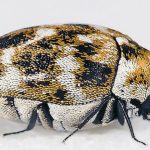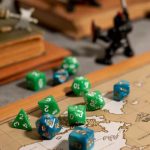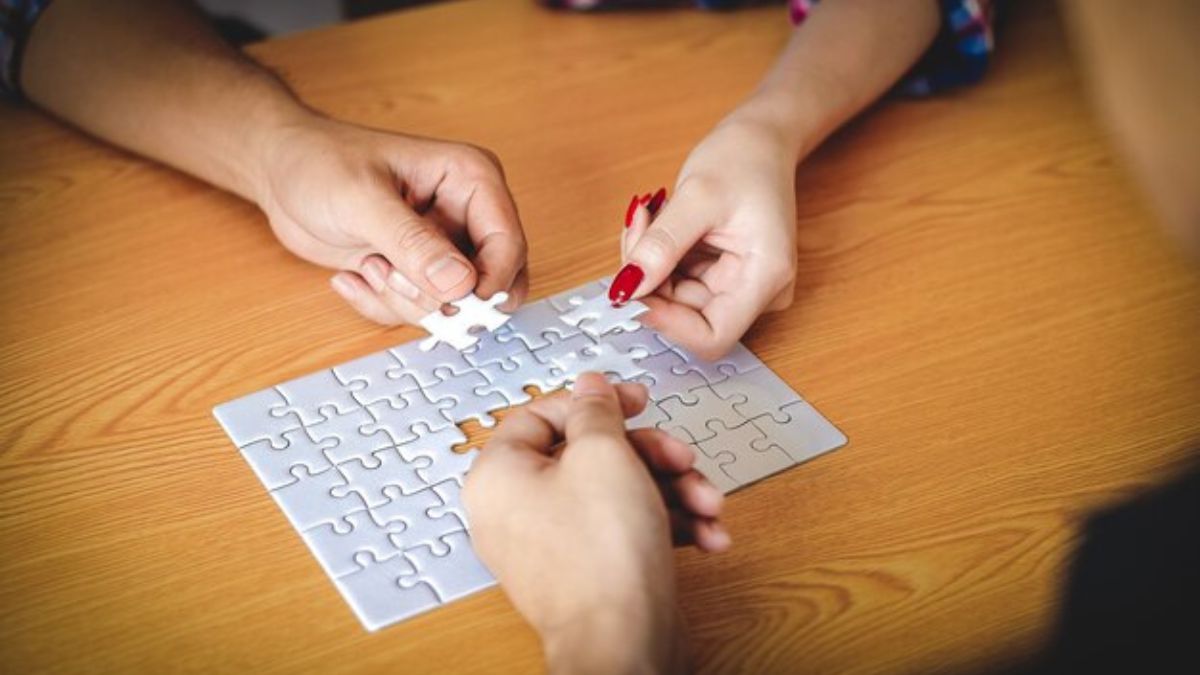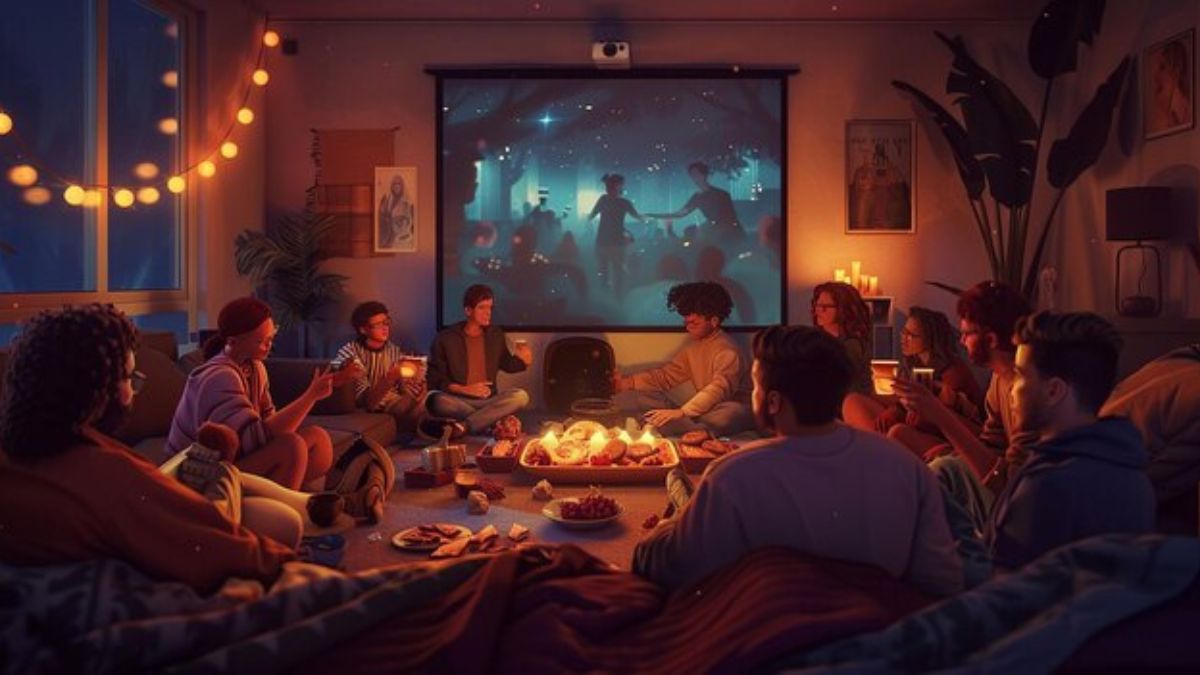Make a Splashy Attempt Crossword Clue puzzles have captivated minds for generations, providing a delightful mix of challenge and entertainment. Whether you’re an avid puzzler or just dipping your toes into the world of crosswords, there’s something magical about the thrill of filling in those little squares. With each clue you decipher, there’s a rush—a sense of accomplishment that keeps many coming back for more.
But what happens when you encounter tricky clues like “Make a Splashy Attempt”? Suddenly, the excitement turns to frustration as you grapple with wordplay and obscure references. Fear not! This guide is here to help sharpen your skills and enhance your puzzle-solving experience. Let’s dive into effective strategies and insightful tips that will transform you from a novice to a crossword connoisseur.
Understanding the structure of a crossword puzzle
Make a Splashy Attempt Crossword Clue puzzles are crafted with a grid of black and white squares. The arrangement often follows a symmetrical pattern, making them visually appealing.
Each white square holds a letter for words that intersect both horizontally and vertically. Black squares serve as separators, creating distinct spaces for different answers.
Clues accompany each puzzle, guiding solvers to fill in the correct words. These clues can be straightforward definitions or clever wordplay requiring lateral thinking.
The numbers on the grid indicate where answers begin. For instance, “1 Across” signifies the first horizontal answer starting from that square.
Understanding this structure is essential when tackling any crossword challenge. Recognizing patterns helps identify potential word lengths while enhancing overall strategy during playtime.
Tips for approaching a crossword puzzle: process and strategy
When tackling a crossword puzzle, start with the easy clues. These will help you fill in some initial letters and give structure to your grid.
Next, look for common prefixes or suffixes. Words like “un,” “re,” or “ing” can unlock additional answers.
Consider the theme of the puzzle if there is one. This often provides context that makes guessing easier.
Don’t shy away from pencil marks or erasing as you go along. It’s all part of finding the right fit without committing too soon.
If you’re stuck on a particular word, move on and return later with fresh eyes. Sometimes stepping back can spark new ideas when revisiting tricky sections.
Keep an open mind about synonyms and alternate meanings; they are key in deciphering those clever clues!
Utilizing clues and wordplay to solve difficult puzzles
Crossword puzzles often feature clever clues that rely on wordplay. Embracing this aspect can unlock solutions that seem elusive at first glance.
Consider homophones, puns, or double meanings. A clue like “bark” could refer to a tree or the sound a dog makes. Think outside the box; context is key.
Don’t overlook abbreviations and acronyms, either. Clues may call for shorthand forms of words you frequently encounter in daily life.
Wordplay also includes anagrams—rearranging letters to form new words related to the clue given. This technique can transform frustration into satisfaction when you finally spot those hidden connections.
Engage with your intuition as well; sometimes your brain knows more than you realize. Trusting your instincts while deciphering tricky phrases might lead you directly to the answer you’re seeking without overthinking it too much!
Common mistakes to avoid while solving crossword puzzles
One of the most frequent pitfalls is overthinking clues. Sometimes, the simplest answer is the right one. Don’t get trapped in complex reasoning when a straightforward word fits perfectly.
Another common mistake is neglecting to check intersecting letters. A wrong guess can throw off your entire puzzle. Always verify how your choices connect with other answers.
Many solvers also skip clues they find challenging and jump ahead. This often leads to frustration later on when those blank spaces become glaring reminders of incomplete thought processes.
Additionally, relying too heavily on obscure knowledge can hinder progress. While trivia helps, not every clue requires an advanced degree in history or science.
Avoid getting stuck on one section for too long. If you’re struggling, take a step back and work on another area before returning with fresh eyes.
Online resources for crossword puzzlers
There are numerous online resources available for crossword enthusiasts. Websites like Crossword Solver and One Across offer powerful tools to help decode tricky clues. Just type in the letters you have, and they’ll provide potential answers.
Apps also play a crucial role in the puzzle-solving journey. With platforms such as NYT Crossword or LA Times Crossword, users can access daily puzzles on their devices. These apps often come with helpful hints if you find yourself stuck.
For those seeking community engagement, forums like Reddit’s r/crossword provide discussions about challenging clues and strategies. This interaction fosters a shared knowledge base among solvers of all skill levels.
Tutorials on YouTube can guide beginners through techniques used by seasoned puzzlers. Watching experts tackle puzzles live demystifies the process and inspires confidence to take on more difficult challenges.
Conclusion: the satisfaction of completing a challenging puzzle
The thrill of completing a challenging crossword puzzle is unmatched. Each filled square represents not just an answer, but the culmination of time spent unraveling clues and deciphering wordplay. There’s a unique satisfaction in connecting the dots and finally figuring out that elusive answer to “Make a Splashy Attempt Crossword Clue.”
Crossword puzzles engage our minds and sharpen our problem-solving skills. They invite us to think creatively while also testing our vocabulary. The sense of achievement upon finishing even the toughest grids can be incredibly rewarding.
Whether you solve them solo or with friends, each completed puzzle brings its own kind of joy. Embrace this journey through words, as every challenge solved adds to your growing expertise as a puzzler. So grab your pencil (or pen) and dive into that next crossword adventure!











